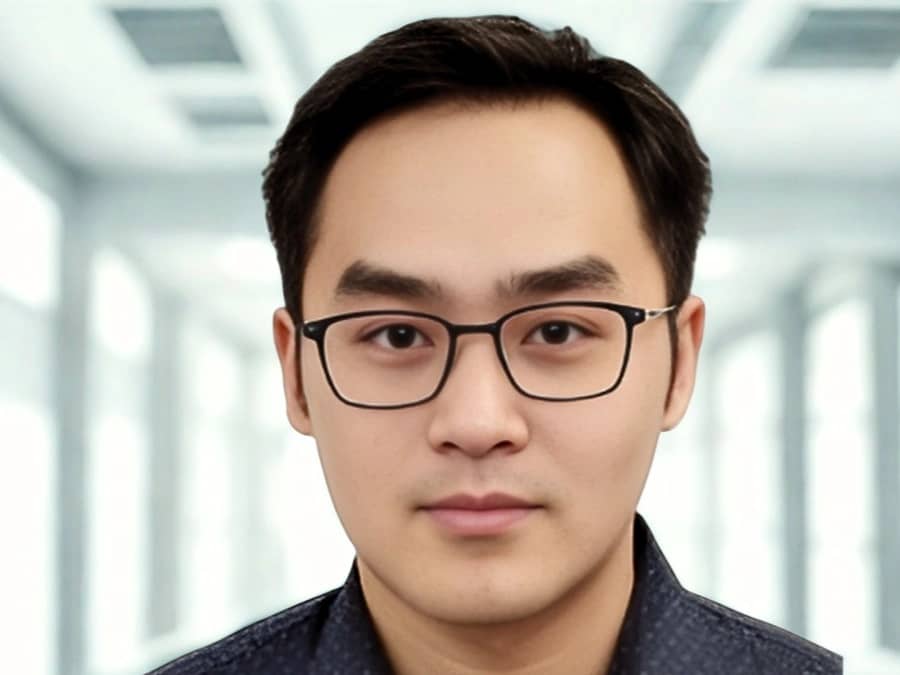订阅 wiki
Share wiki
Bookmark
Jiahui Yu
0%
Jiahui Yu
贾会玉 是一位人工智能研究员,也是 Meta 超智能实验室的成员,该团队专注于开发基础模型和推进人工超智能。他此前曾担任 OpenAI 的感知研究主管。 [1]
教育
余获得了中国科学技术大学计算机科学学士学位。 后来,他在伊利诺伊大学厄巴纳-香槟分校攻读并完成了博士学位 [1]。
职业生涯
余于 2015 年 5 月至 2015 年 12 月在微软亚洲研究院担任实习生,开始了她的研究生涯,在那里她从事大规模深度学习训练系统的工作。 2016 年初,他加入旷视科技(Face++)担任研究实习生,专注于目标检测,并为 UnitBox 的开发做出了贡献。 随后,他于 2017 年 5 月至 12 月在 Adobe Research 实习,从事生成对抗网络和图像修复工作,包括 DeepFill v1 和 v2。 2016 年 6 月至 2018 年 5 月期间,他还担任 Jump Trading LLC 的研究顾问,在那里他开发了利用高频金融数据的价格预测模型和交易策略。
2018 年,余继续他的研究轨迹,于 1 月至 8 月在 Snap Research 工作,开发高效的深度学习模型,包括 Slimmable Networks。 后来,他于 2018 年 8 月至 12 月加入百度研究院担任实习生,为 AutoML 和高效神经网络(如 AutoDL 2.0 和 EasyDL)的项目做出了贡献。 2019 年初,他于 1 月至 5 月在 Nvidia Research 实习,专注于用于视觉内容生成的大规模生成模型。 随后,他于 2019 年 5 月至 9 月在 Google Brain 实习,从事 AutoML 和神经网络效率方面的工作,包括 BigNAS。
余于 2020 年 2 月加入 Google 担任研究科学家,为流式自动语音识别和 Alphabet 产品中使用的下一代多模态嵌入的开发做出了贡献。 后来,他从 2021 年 5 月到 2022 年 10 月晋升为高级研究科学家,专注于多模态理解和生成。 从 2022 年 11 月到 2023 年 9 月,他担任 Google DeepMind 的研究科学家,在那里他共同领导了 Gemini Multimodal 项目,并为 PaLM-2 架构的开发做出了贡献。
2023 年 10 月,余加入 OpenAI 担任感知团队的研究主管,目前在那里领导与基于感知的 AI 研究相关的领域的工作。 2025 年 7 月,他加入了 Meta 超智能团队,Meta 的统一部门专注于开发基础模型、推进 AI 研究以及构建人工超智能。 [2] [6]
超智能实验室 (MSL)
超智能实验室 (MSL) 是 Meta 内部的一个部门,于 2024 年 6 月启动,旨在统一和加速公司的人工智能计划,特别是在追求通用人工智能 (AGI) 方面。 在 Alexandr Wang 和 Nat Friedman 的领导下,MSL 将从事基础模型、应用 AI 产品和 FAIR 核心研究的团队聚集在一起。 该部门是在一项重大人才收购活动的同时成立的,从 OpenAI、Anthropic 和 DeepMind 聘请研究人员,并遵循 Meta 对 Scale AI 的 143 亿美元投资。 MSL 负责 Meta 的 Llama 模型系列和下一代 AI 系统的开发,重点是长期进步和跨 Meta 消费者平台的集成。 [2] [3]
采访
在过去的一集“Meet a Google Researcher”中,主持人 Drew Calcagno 采访了研究科学家 Yonghui Wu 和 Yu,了解 Google 的文本到图像模型 Parti。 他们讨论了 Parti(一种自回归模型)如何通过将图像生成过程视为机器翻译,从文本提示生成高质量图像。 研究人员强调了该模型根据详细描述生成复杂视觉效果的能力,同时还将其与 Google 的另一个模型 Imagen(使用扩散方法)进行了对比。 他们分享了开发 Parti 的经验,包括调试会话期间的突破时刻,以及目睹随着他们扩展模型而出现的重大改进的兴奋之情。 两位研究人员都表达了对未来进步的期待,包括集成视频和音乐等不同模式,同时强调了负责任的 AI 实践在使这些技术易于访问方面的重要性。 [4]
发现错误了吗?
